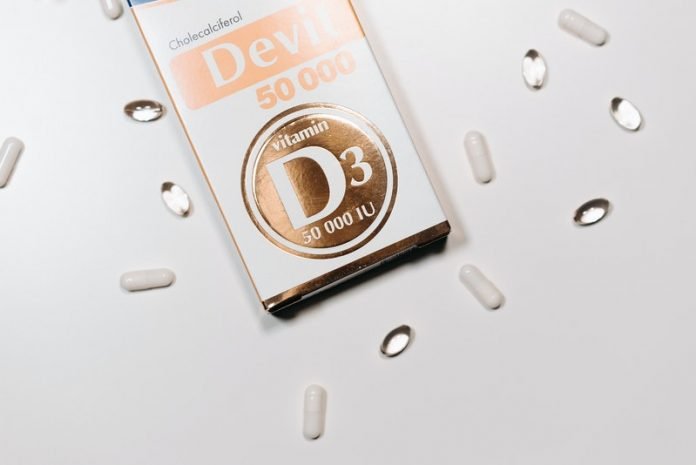
In a new study, researchers found that patients with low vitamin D levels who are hospitalized for COVID-19 may have a lower risk of dying or requiring mechanical ventilation if they receive vitamin D supplementation of at least 1,000 units weekly.
Given how common vitamin D deficiency is in the world and the United States, they believe that this research is highly relevant right now.
The research was conducted by a team at Albert Einstein College of Medicine in New York.
Research has shown that vitamin D supplementation can prevent inflammation in other respiratory diseases, but there have been limited studies examining the role of vitamin D supplementation in COVID-19.
The purpose of the study was to determine whether being supplemented with vitamin D before being admitted to the hospital with COVID-19 resulted in less severe COVID-19 disease in patients with a low vitamin D level.
In the study, the team tested 124 adult patients with low vitamin D that was measured up to 90 days before their admission for COVID-19.
They compared the patients who were supplemented with at least 1,000 units of vitamin D weekly to those who had not received vitamin D supplements in terms of whether they were mechanically ventilated or died during admission.
They found that patients who were supplemented were less likely to be mechanically ventilated or to die following admission. They also found that more than half of those who should have been supplemented were not.
The team says it is clear that patients with low vitamin D should receive supplementation not only for bone health but also for stronger protection against severe COVID-19.
They hope this research will encourage clinicians to discuss adding this supplement with their patients who have low vitamin D, as this may reduce the odds of people developing severe COVID-19.
A previous study published last fall found over 80% of 200 COVID-19 patients in a hospital in Spain had vitamin D deficiency.
The study was presented virtually at ENDO 2021. One author of the study is Sweta Chekuri, M.D.
Copyright © 2021 Knowridge Science Report. All rights reserved.



